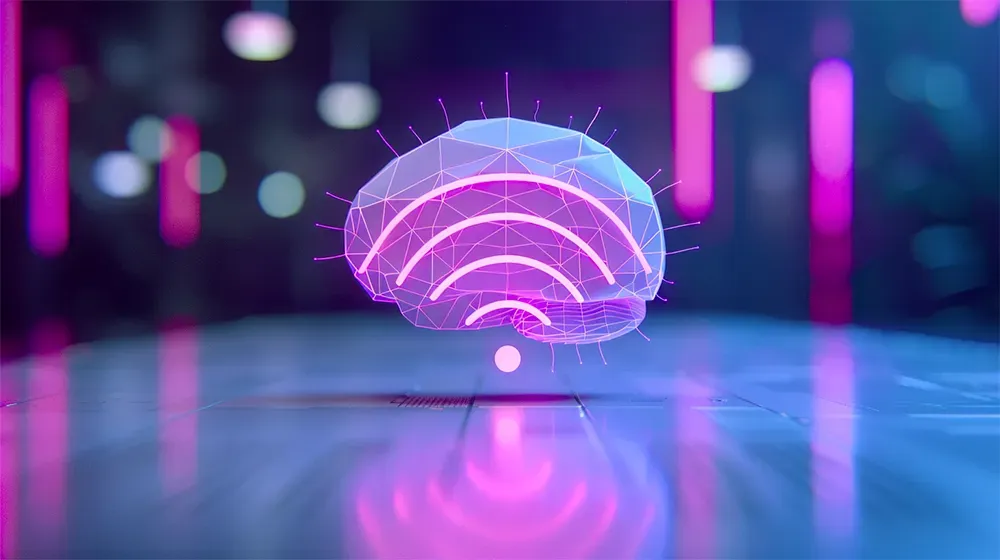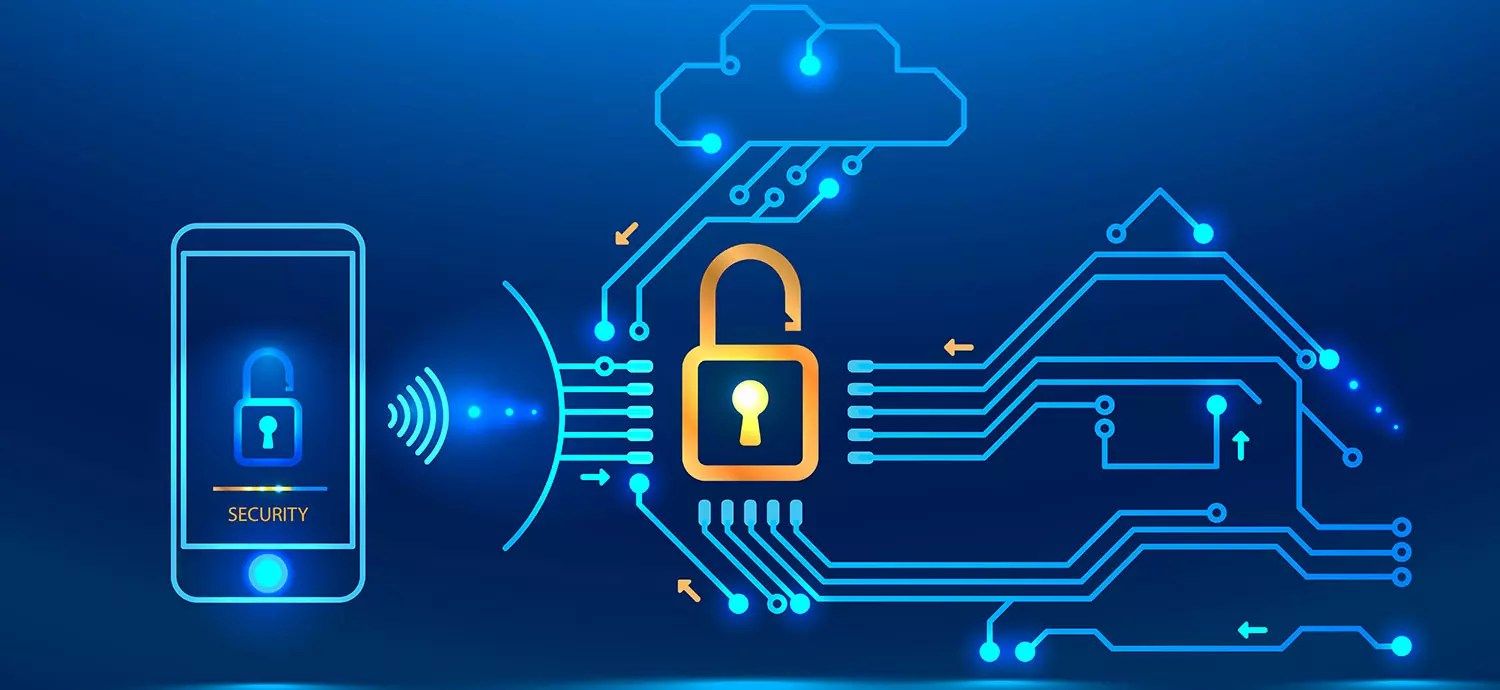Why The Internet of Everything Will Change Innovation As We Know It

We live in a world where accelerated change is the only constant. Organizations and consumers are generating massive amounts of data, which will only exponentially grow in the years to come. More and more organizations see the value of a Big Data strategy and are changing their company towards a data-driven, information-centric organization. As a result, we will see an explosive growth of connected devices that will generate and unfathomable amount of data. This data can and will be stored, analysed and used in decision-making within the most innovative organizations.
We can therefore say that we are at the brink of a completely new, connected world; a connected world where billions or even trillions of devices are connected to the Internet and to each other, in real-time. This connected world will change how organizations should be managed. It will change how organization should approach innovation. And it will change how organizations should connect with their customers. The Internet of Everything will change innovation as we know it.
Cisco defines the Internet of Everything as “bringing together people, process, data, and things to make networked connections more relevant and valuable than ever before—turning information into actions that create new capabilities, richer experiences, and unprecedented economic opportunity for businesses, individuals, and countries”.
The Internet of Everything therefore will require companies to change their culture. A new culture, where decisions are based on deep data analytics and insights by combining multiple data sources in a networked environment. But is a purely data-driven culture sufficient to succeed?
Design Thinking and the Internet of Everything
A fundamental aspect of winning, innovative, organizations is their capability to solve problems from a user perspective. This user perspective can either be monitored via data analytics or based on intuition, inspiration and gut feeling; also know as Design Thinking.
According to the “Design Value Index” built by Motiv Strategies in 2013, “design-led companies have maintained significant stock market advantage, outperforming the S&P by an extraordinary 228% over the last 10 years.”
Design thinking has proven to be successful, as can be seen from companies like Apple or Google, but how will it work in a connected world where more emphasis will be placed on insights developed by algorithms? What should we do if we live in a world so full of data, that over-reliance on the rational and analytical is a result? What happens with organizations if algorithms determine what to do, which product to sell, which market to approach and how to organize your business?
Intuition, feeling and inspiration are important aspects within organizations that especially in a connected world should remain. After all, it was Henry Ford who said: “If I had asked people what they wanted, they would have said faster horses.”
In a world based just on data we would not have seen inspiring innovation such as the iPhone or even the automotive industry. Organizations should not just base their decisions on deep data analytics, but also on intuition, inspiration and gut feeling. The Internet of Everything, which will offer us the data required to make powerful analysis, will therefore only be successful if it is combined with design thinking and that is a paradigm shift for many organizations.





